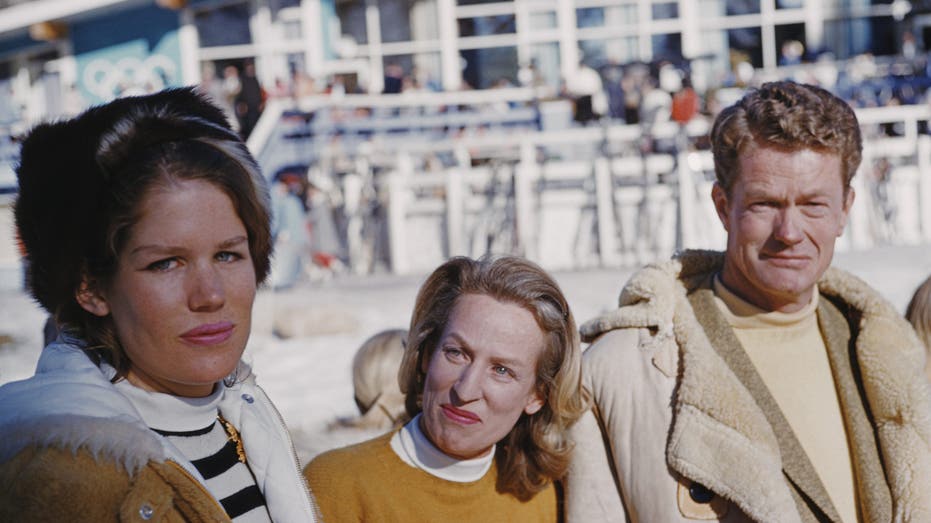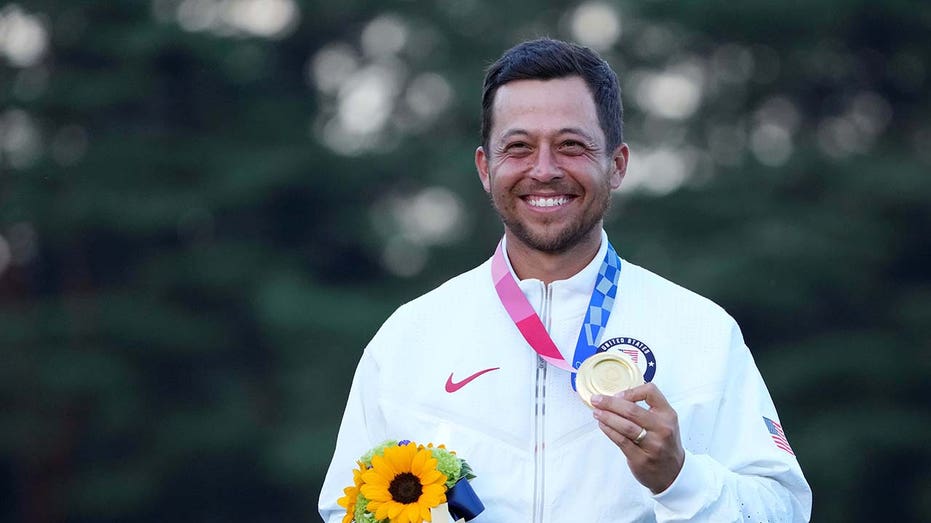1960 Winter Olympics: Squaw Valley’s Epic Triumph and the Fragility of Success

Sarah Johnson
July 20, 2025
Brief
Discover the incredible story of the 1960 Winter Olympics in Squaw Valley, an underdog triumph and a lesson in the fleeting nature of success.
In the annals of sporting history, few stories are as remarkable as the 1960 Winter Olympics held in Squaw Valley, California—now known as Olympic Valley. This tiny ski resort, with just one chairlift and a 50-room lodge, pulled off what many deemed impossible: hosting one of the greatest Olympic Games ever. As Vice President Richard Nixon opened the Games on February 18, 1960, a Sierra snowstorm gave way to clear skies, setting the stage for 10 days of fierce competition and unforgettable moments.
The mastermind behind this improbable feat was Alexander Cushing, the resort’s owner. Inspired by bids from Reno and Anchorage, Cushing threw Squaw Valley into the ring, leveraging its massive 450-inch annual snowfall and untouched slopes. Against all odds, he outmaneuvered the favored Innsbruck, Austria, with a jaw-dropping 3,000-pound model of the resort showcased at the U.S. Embassy in Switzerland. On June 17, 1955, the International Olympic Committee voted 32-30 in favor of Squaw Valley—a true underdog triumph.
With backing from the California and U.S. governments, plus private funds, Cushing transformed the undeveloped valley into a fully functional Olympic site in just five years at a cost of $80 million. Roads, bridges, hotels, and even a sewage system sprang up from nowhere. Walt Disney, roped in for the opening ceremony, delivered a televised spectacle of 30,000 balloons, fireworks, and 2,000 pigeons—a first of its kind that captivated the world.
Yet, the story of Squaw Valley also serves as a poignant reminder of how fleeting success can be. Now called Palisades Tahoe, the resort thrives as a premier ski destination with 270 trails and 72 lifts, but its Olympic legacy has waned. Unlike Lake Placid, New York, which parlayed its 1932 success into hosting another Games in 1980 and ongoing international events, Squaw Valley hasn’t hosted a major Olympic event since. Iconic structures like Blyth Arena and the ski jump are long gone, and controversies coupled with natural disasters in the ‘80s stalled momentum.
The lesson here is stark: achieving success is a Herculean task, but sustaining it is often the harder battle. Success invites scrutiny, imitation, and higher expectations—golden handcuffs that can bind tighter than we imagine. Squaw Valley’s journey from obscurity to Olympic glory and back to a quieter legacy mirrors a universal truth: past victories don’t guarantee future wins. It’s a humbling reminder to stay grounded, keep innovating, and never take triumph for granted.
Topics
Editor's Comments
Squaw Valley pulling off the 1960 Winter Olympics is like a one-chairlift town hosting the Super Bowl—pure, audacious magic! But watching its Olympic flame flicker out while Lake Placid keeps the torch burning makes me wonder: did Squaw Valley ski down the slope of success only to faceplant at the bottom? Here’s a thought—maybe their next big event should be a ‘How to Keep the Gold’ seminar!
Like this article? Share it with your friends!
If you find this article interesting, feel free to share it with your friends!
Thank you for your support! Sharing is the greatest encouragement for us.






